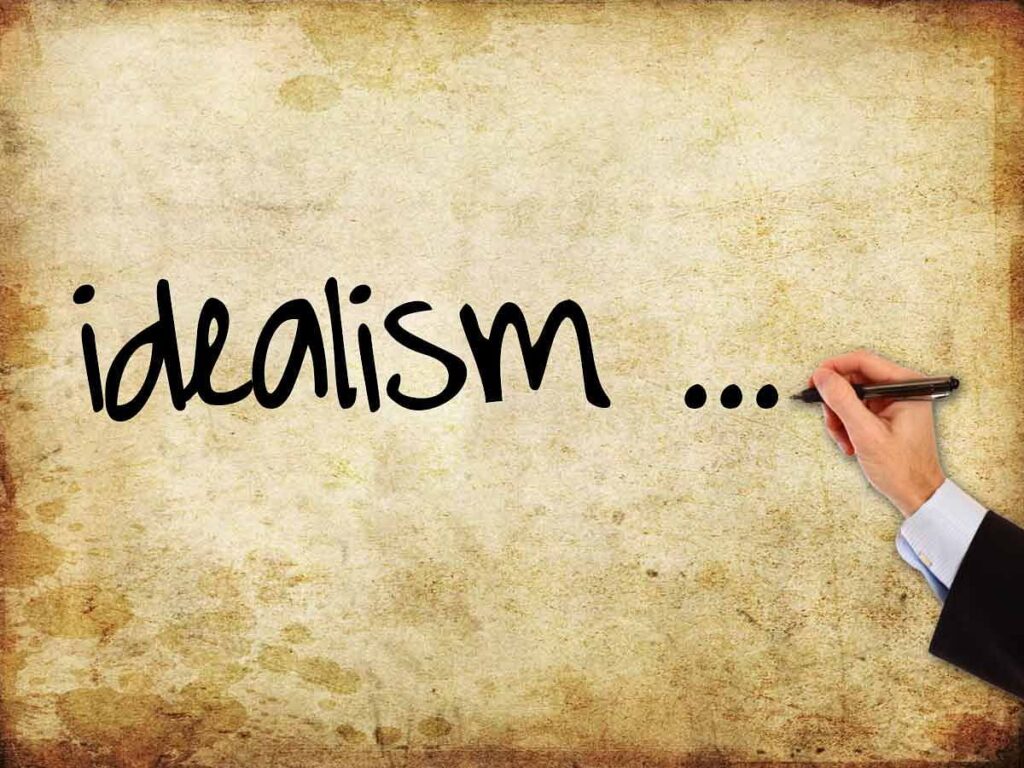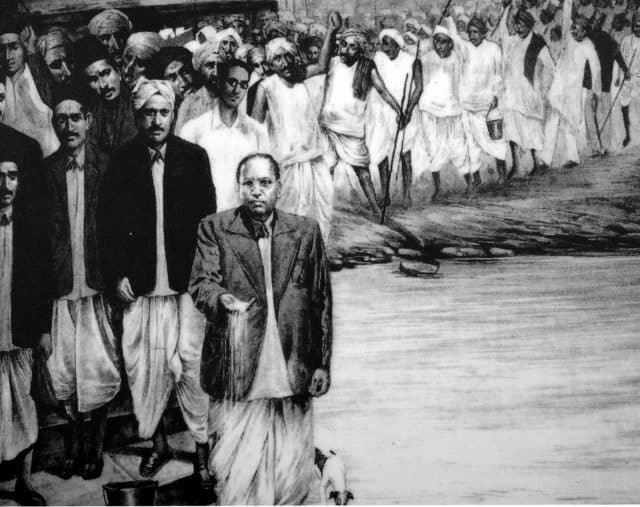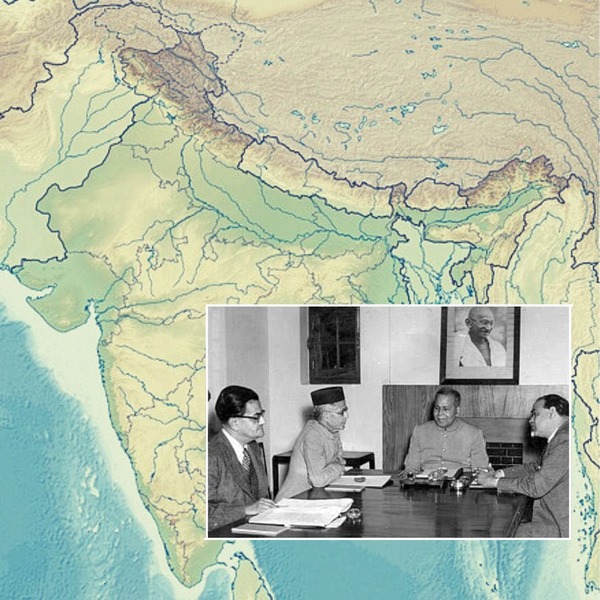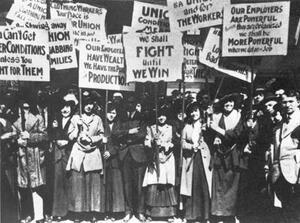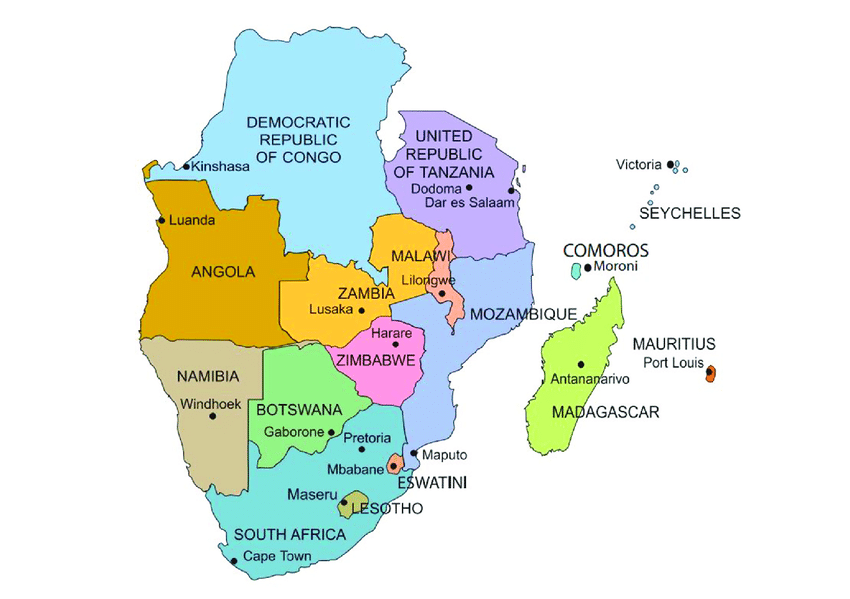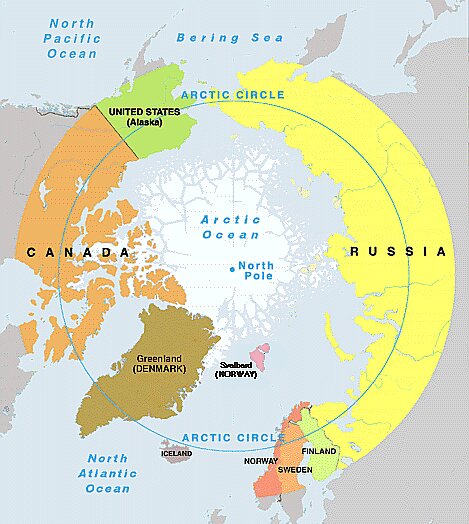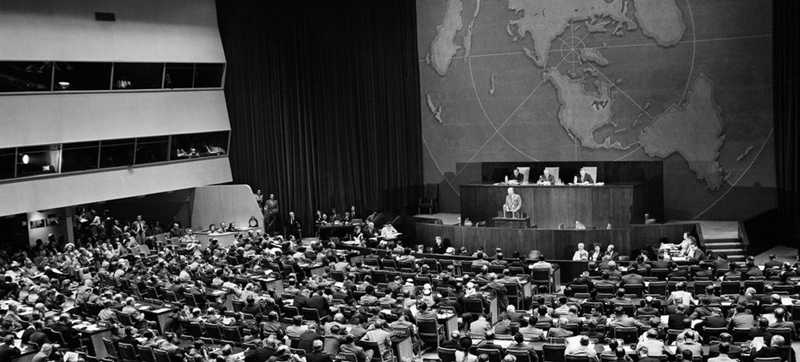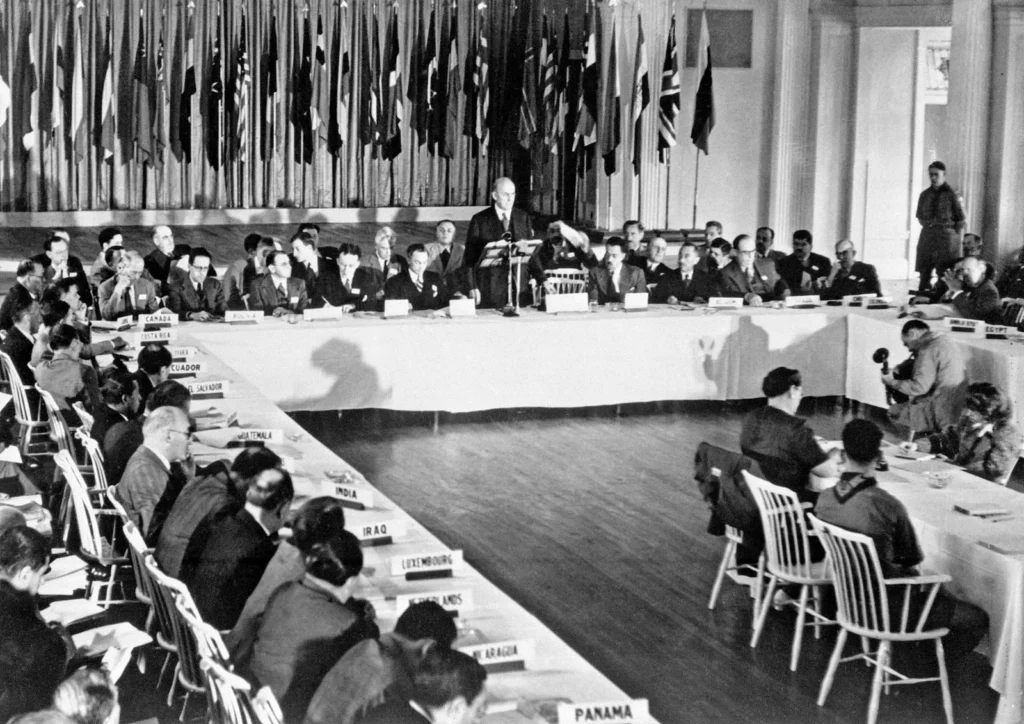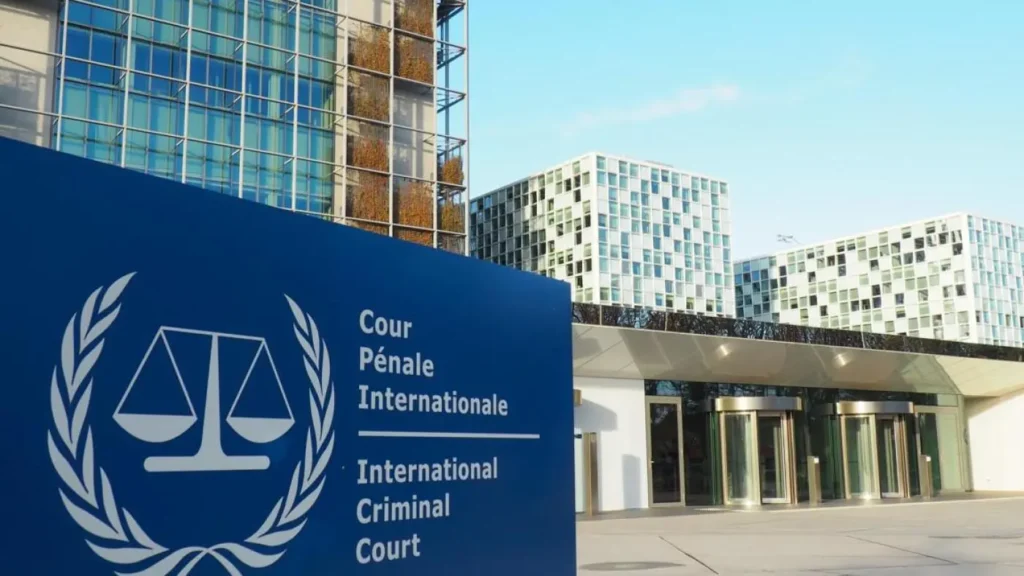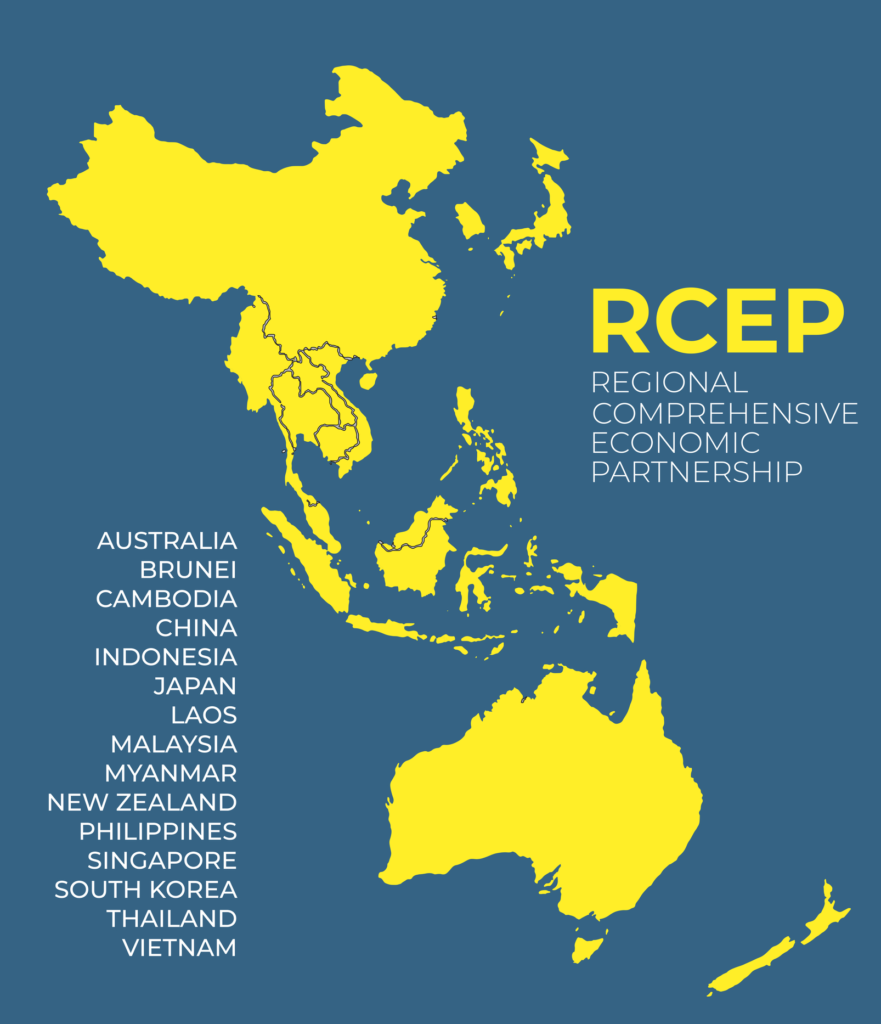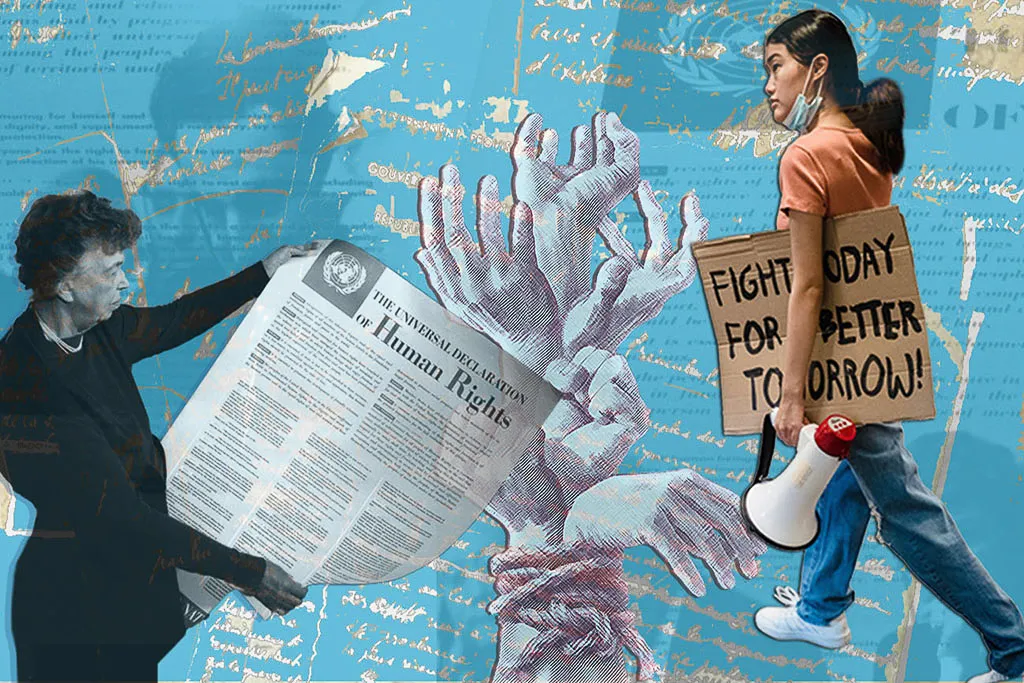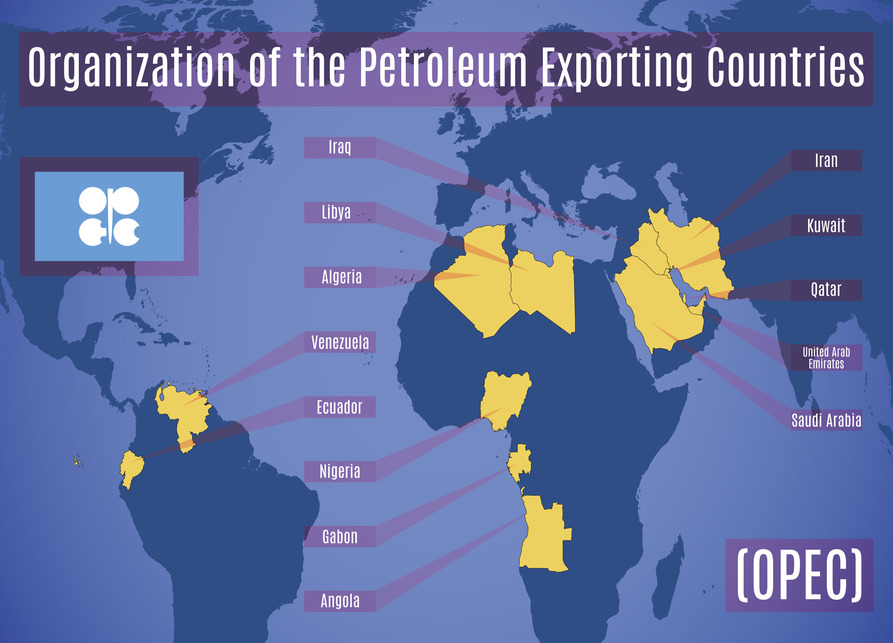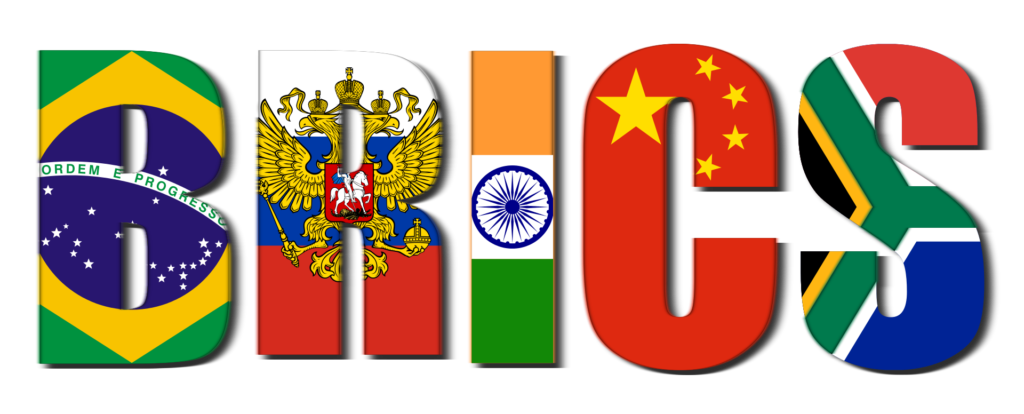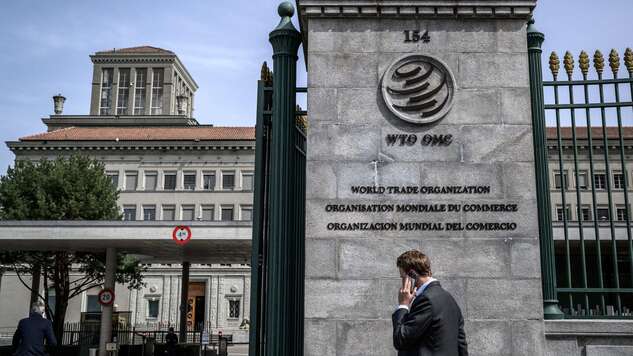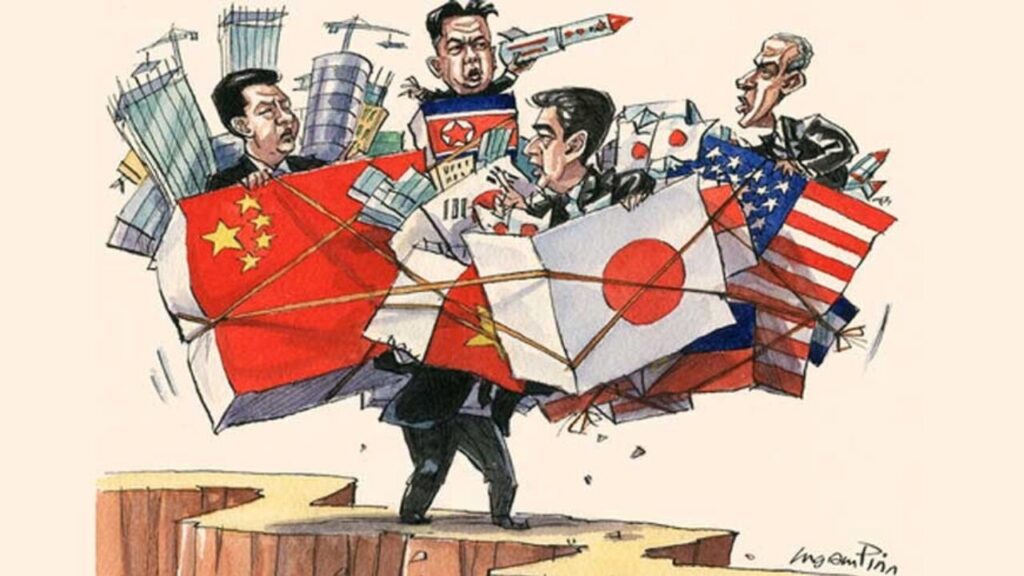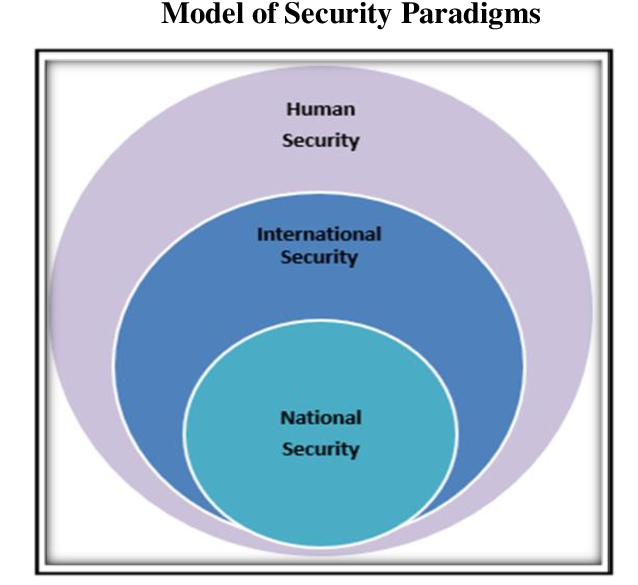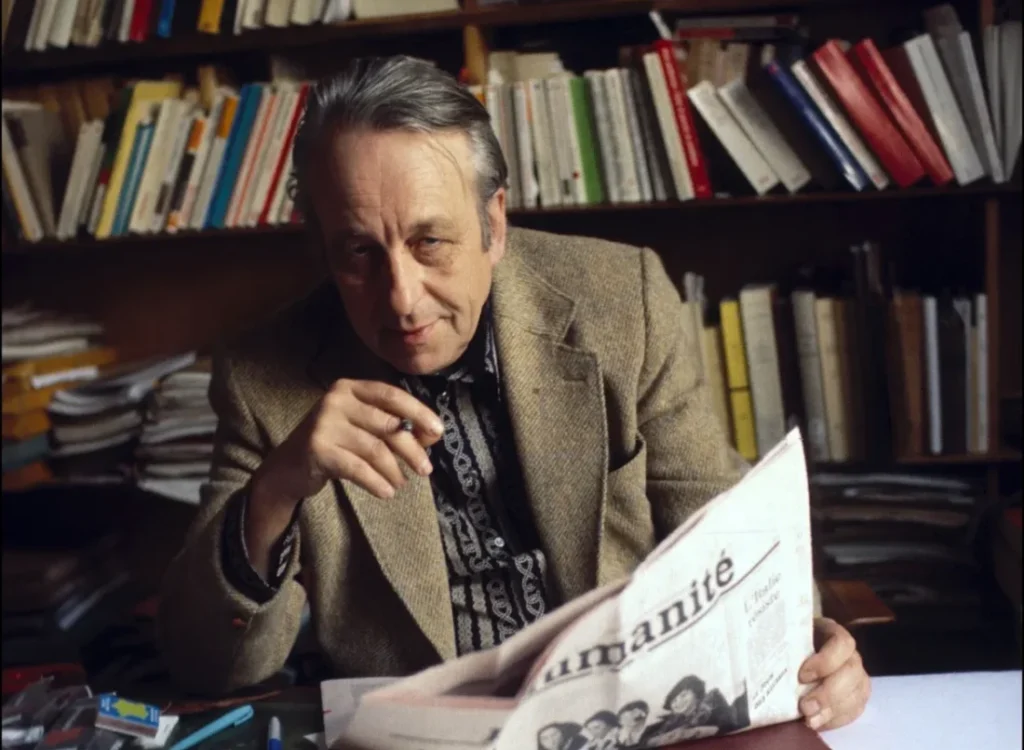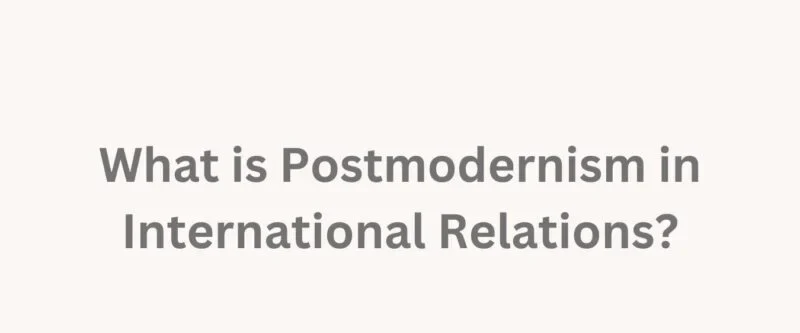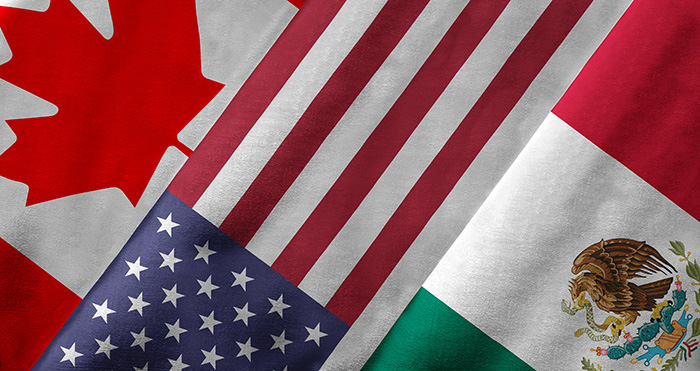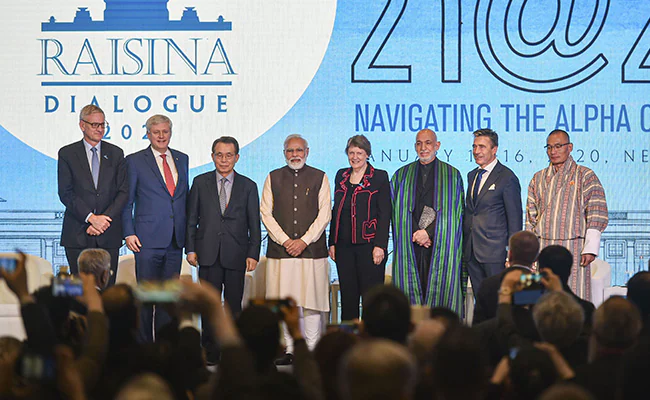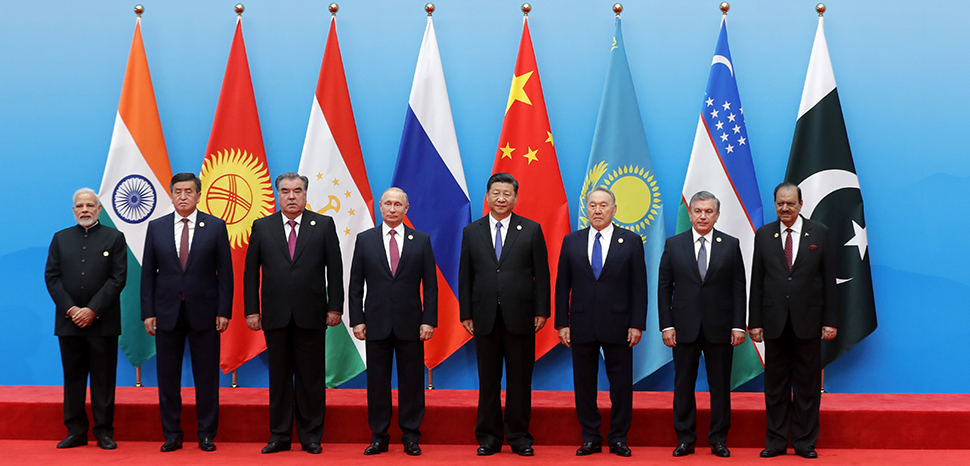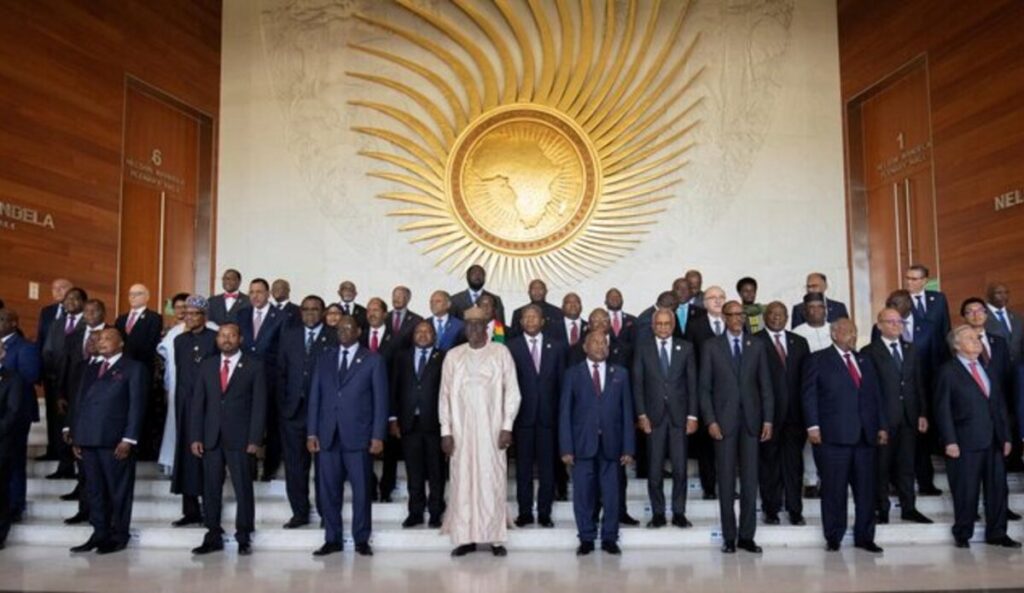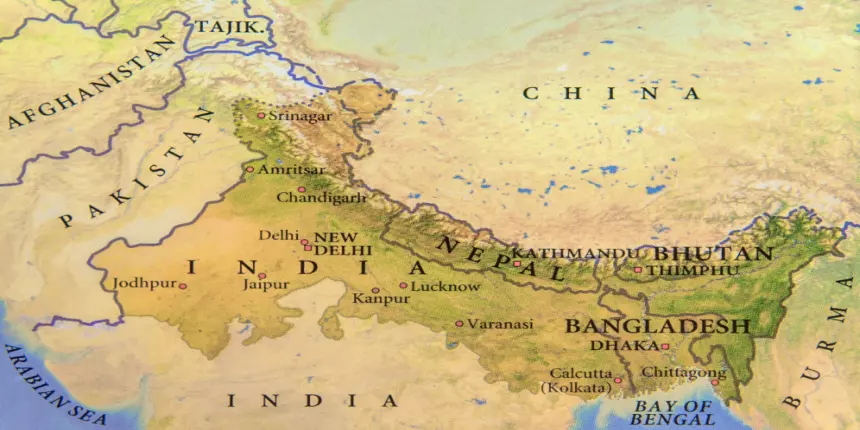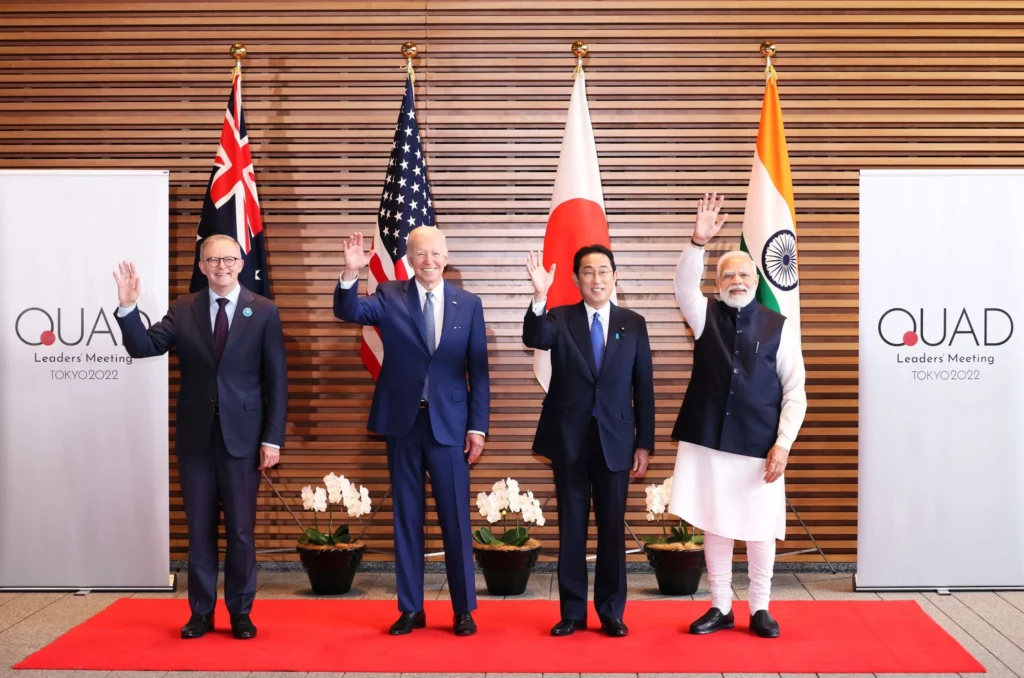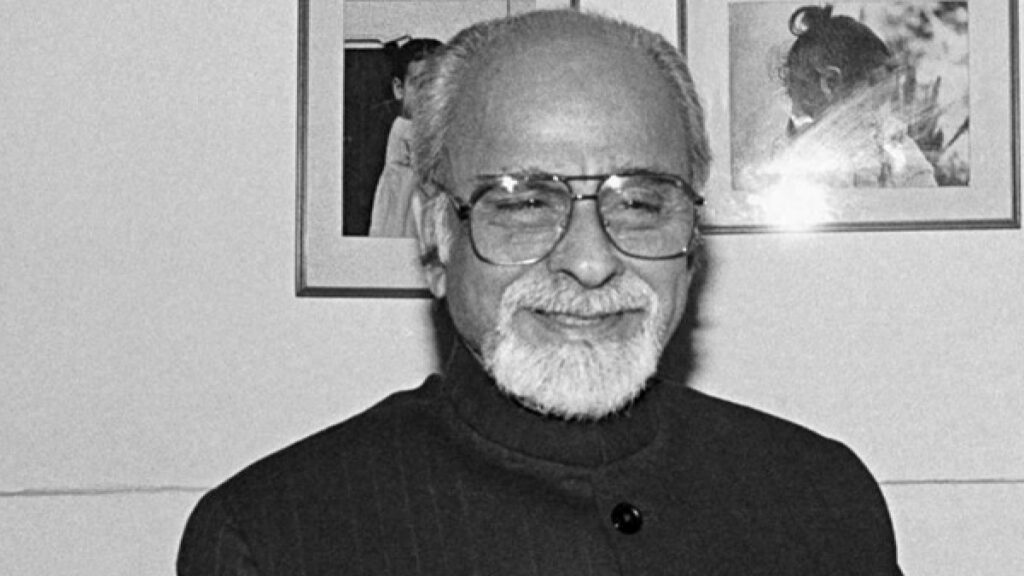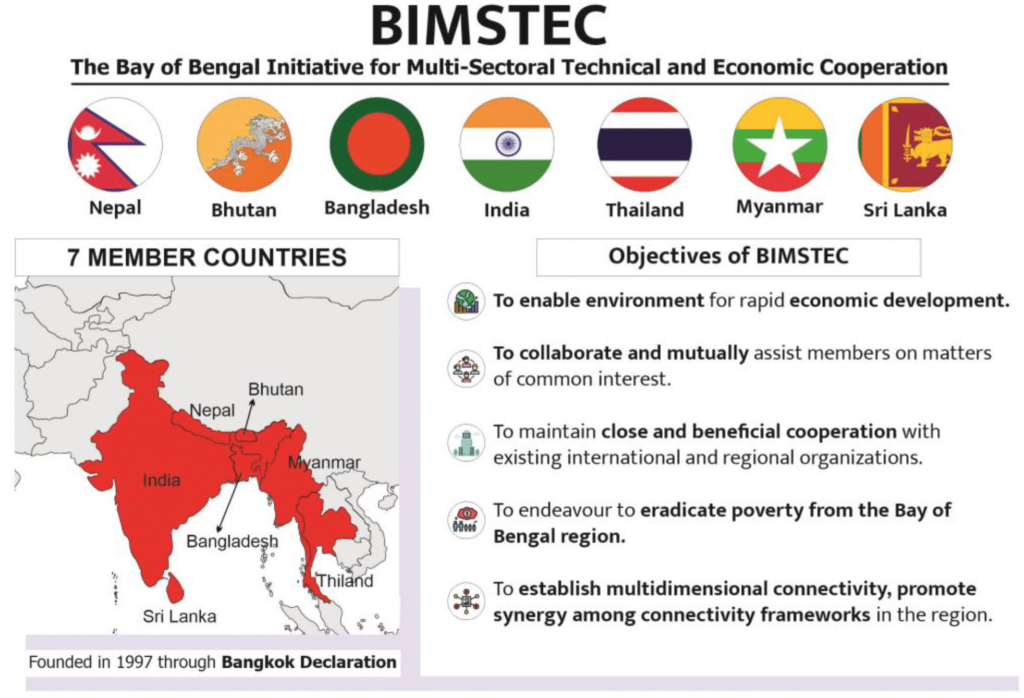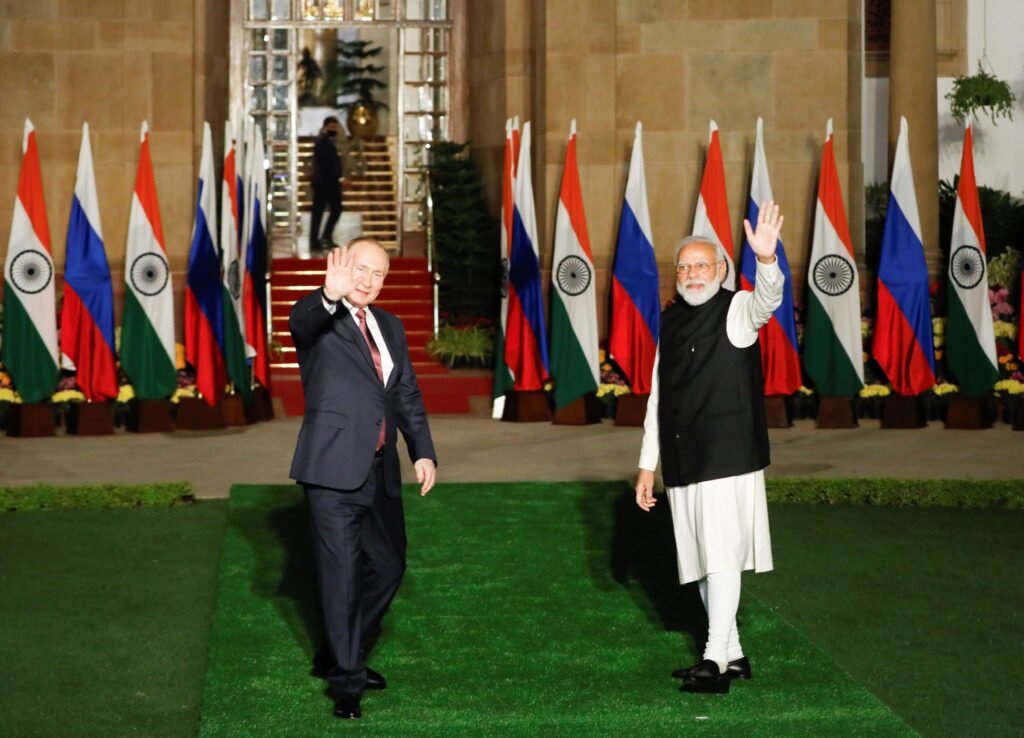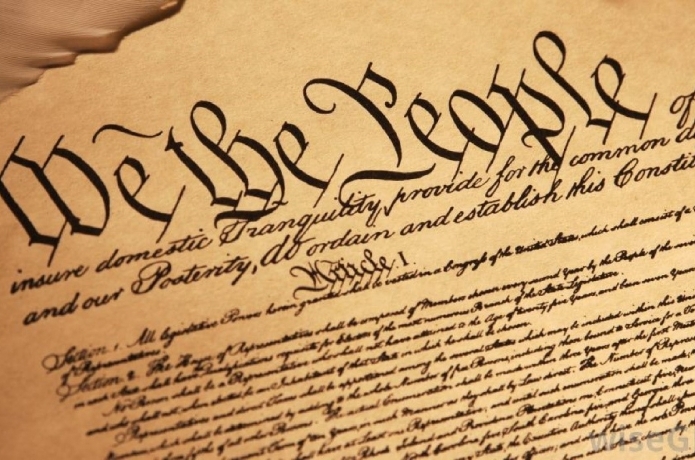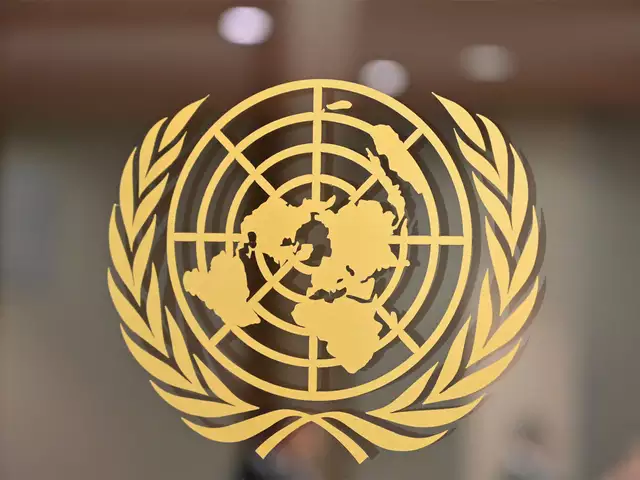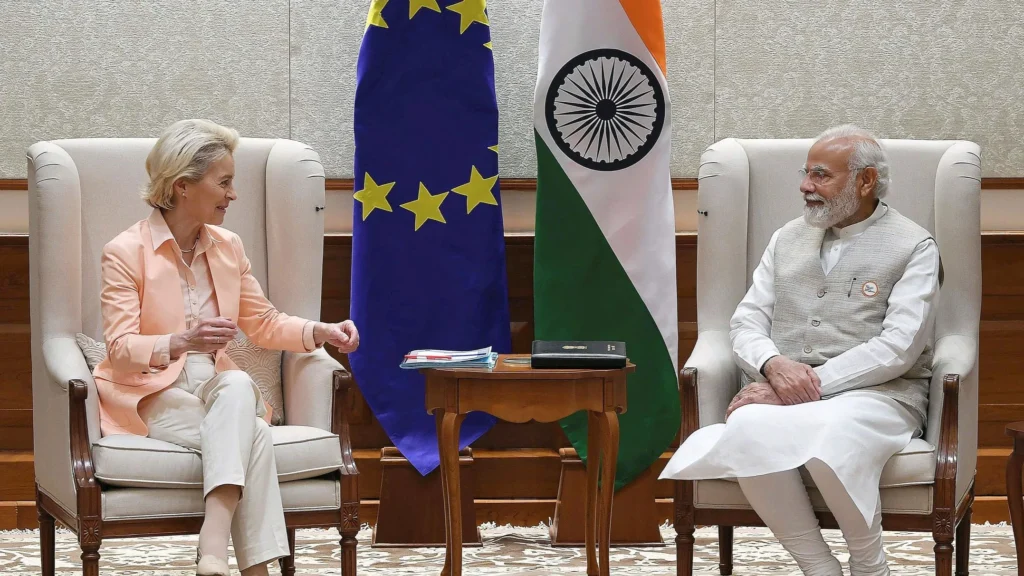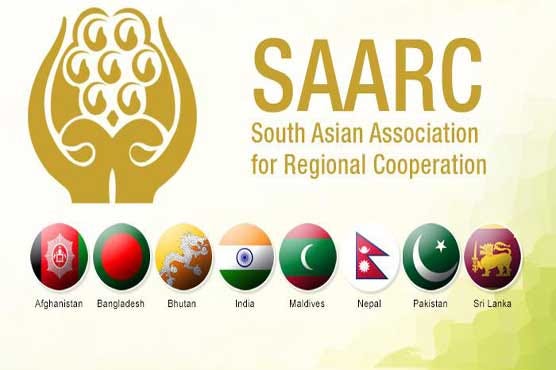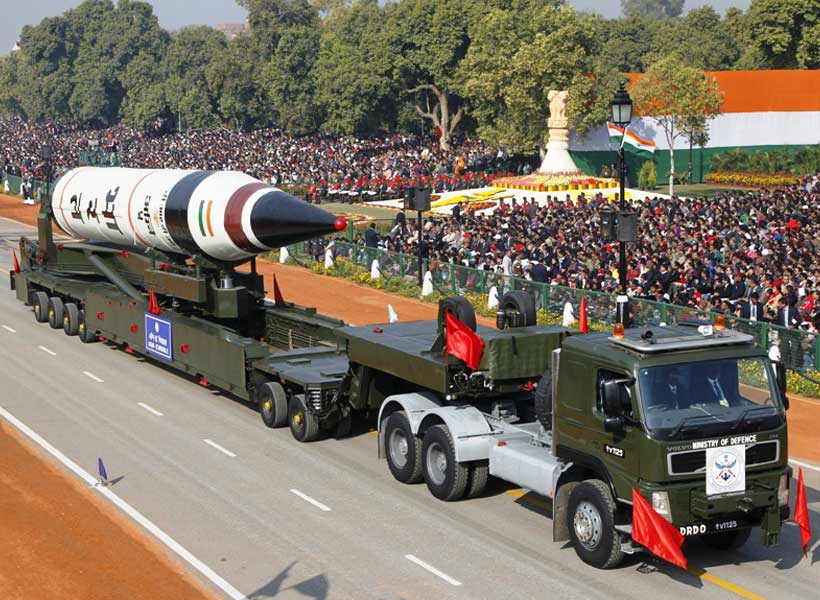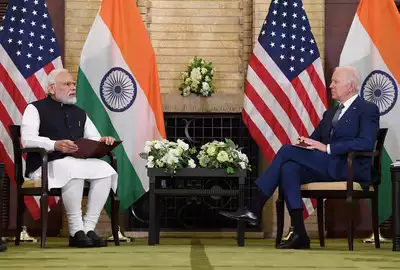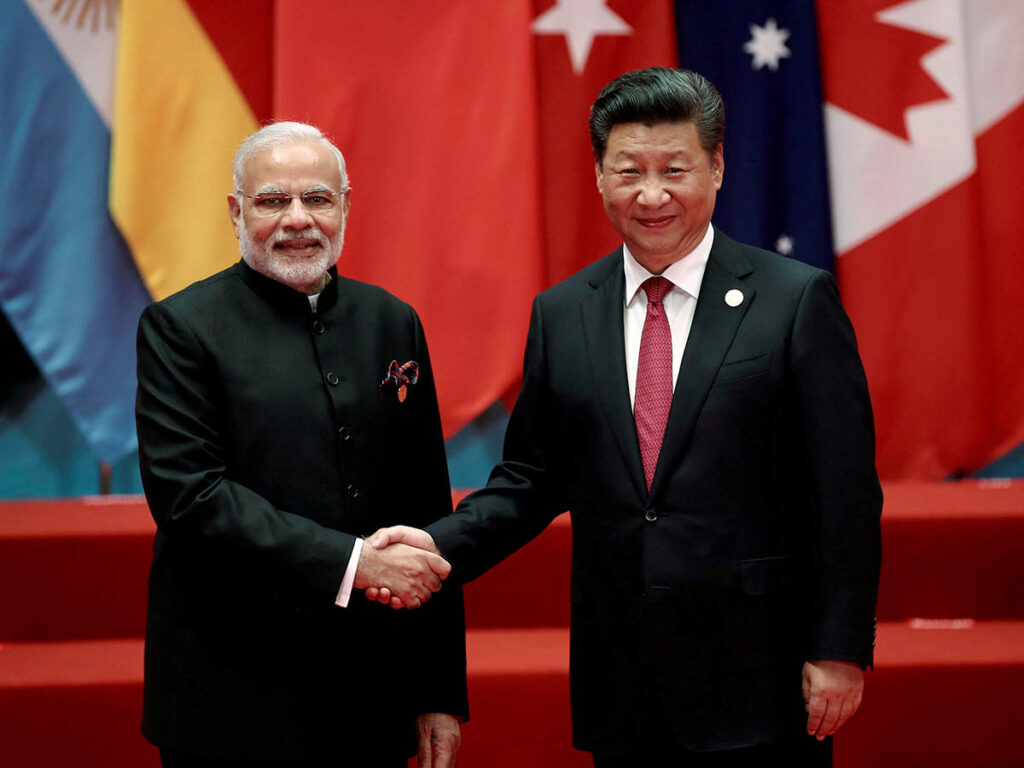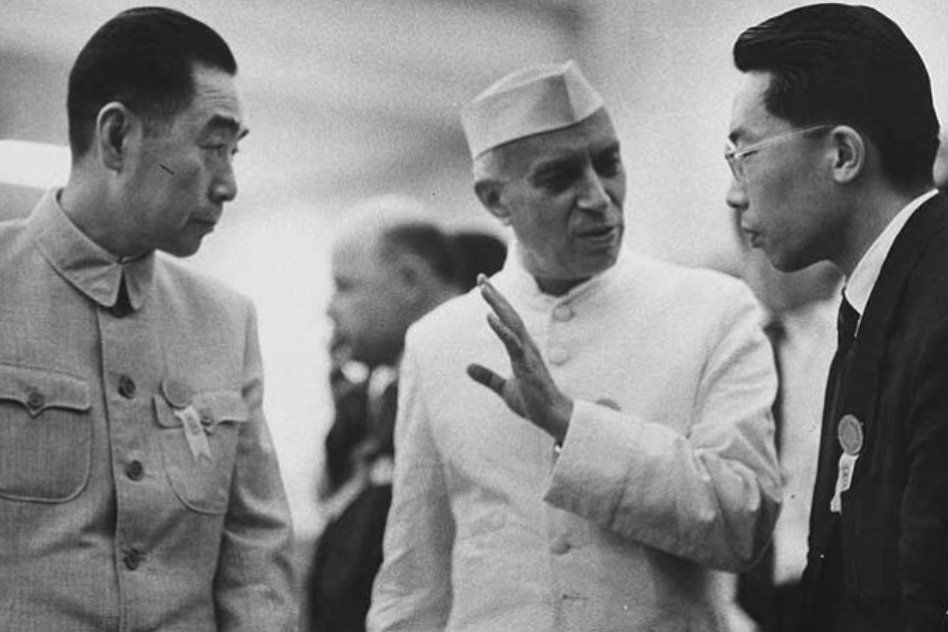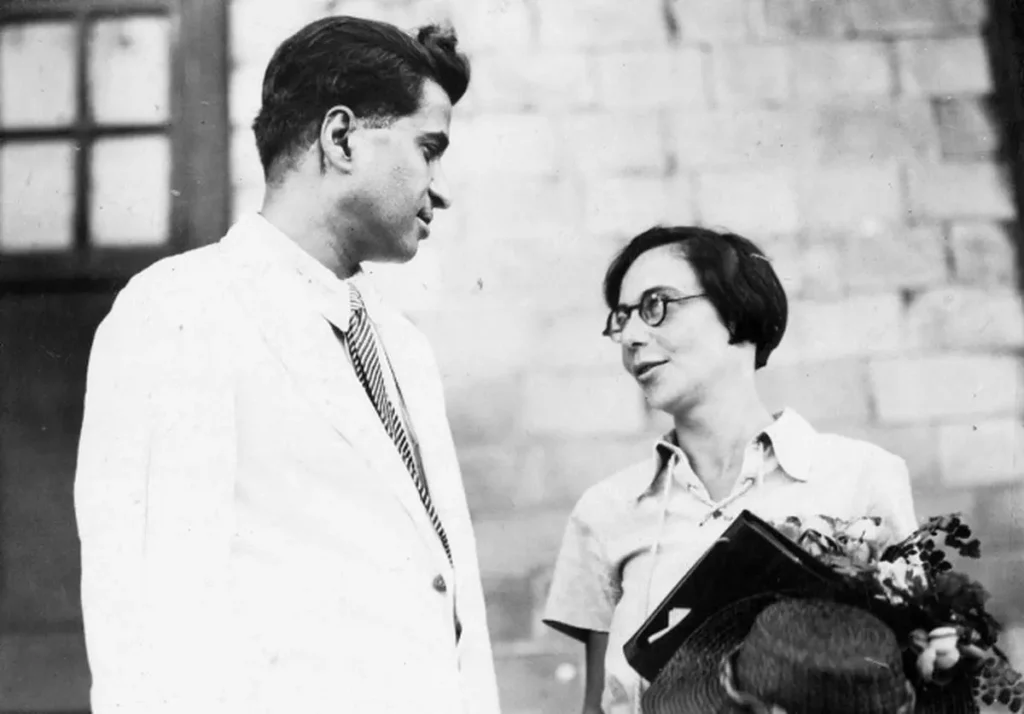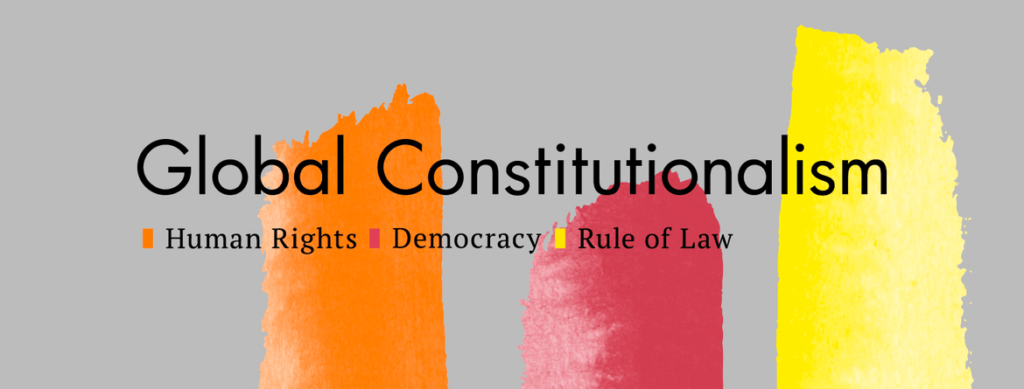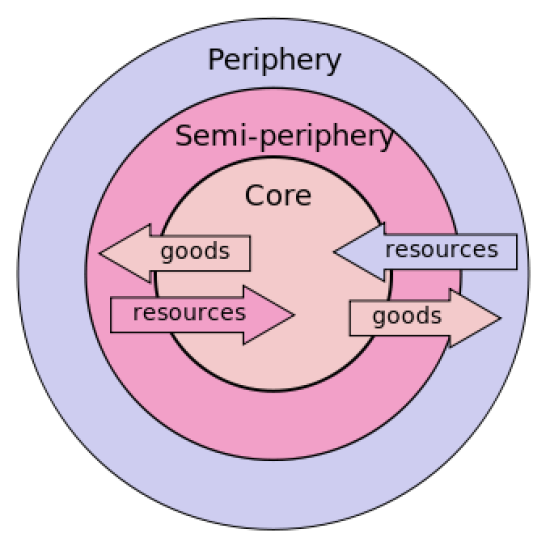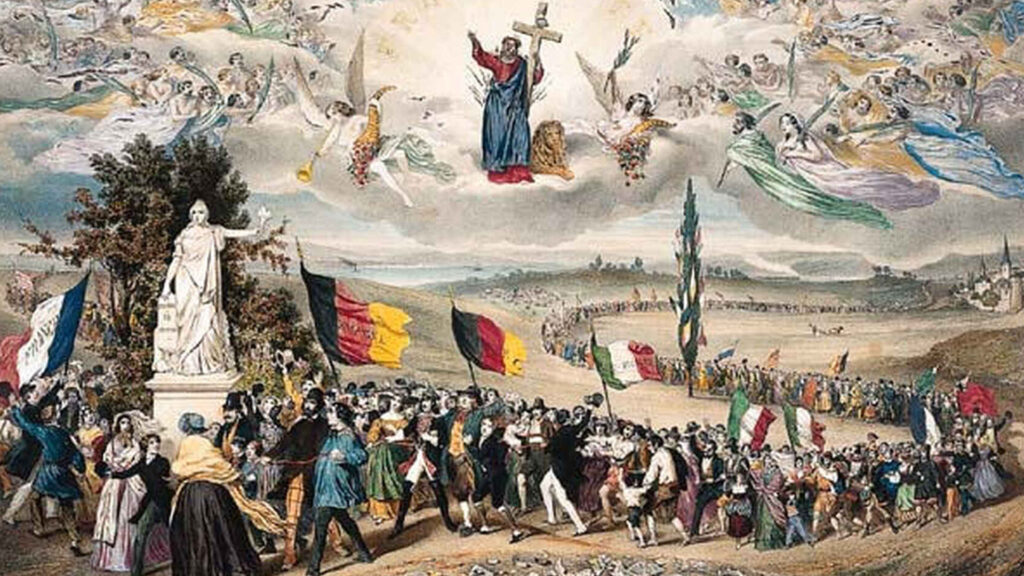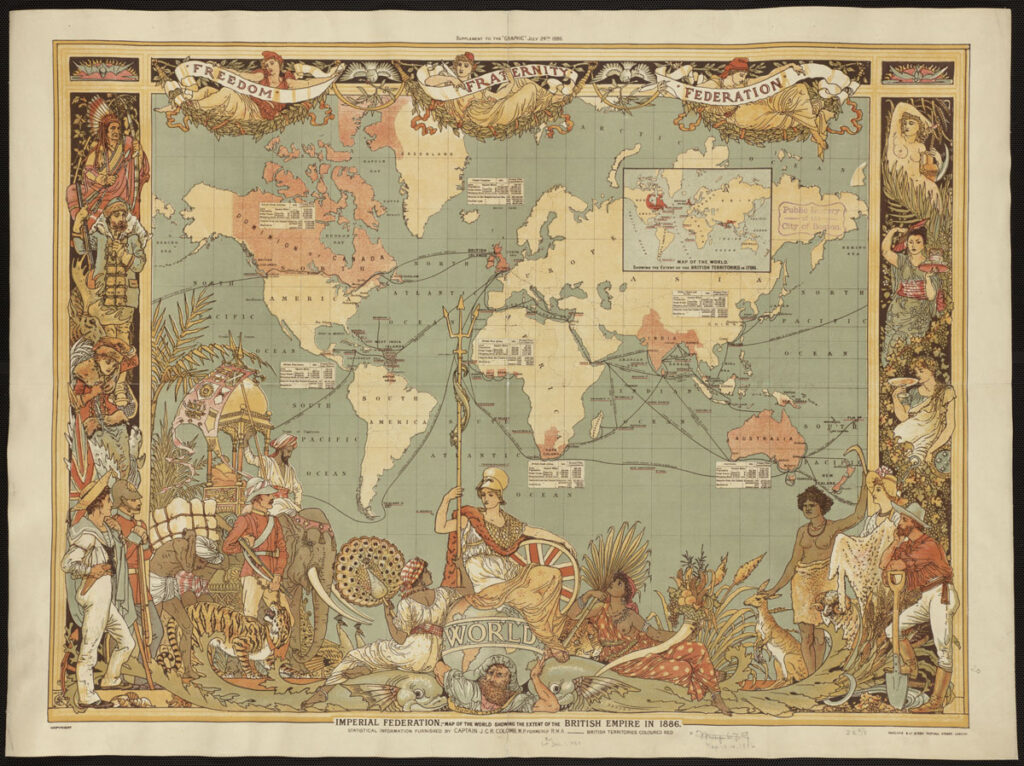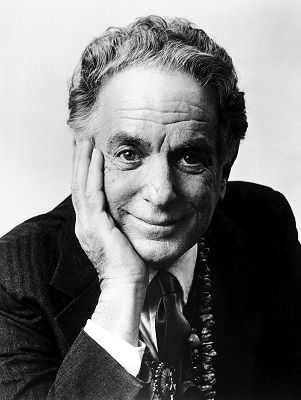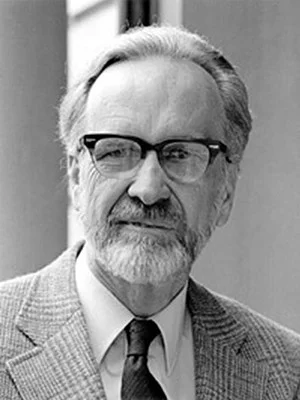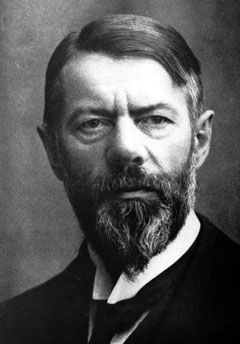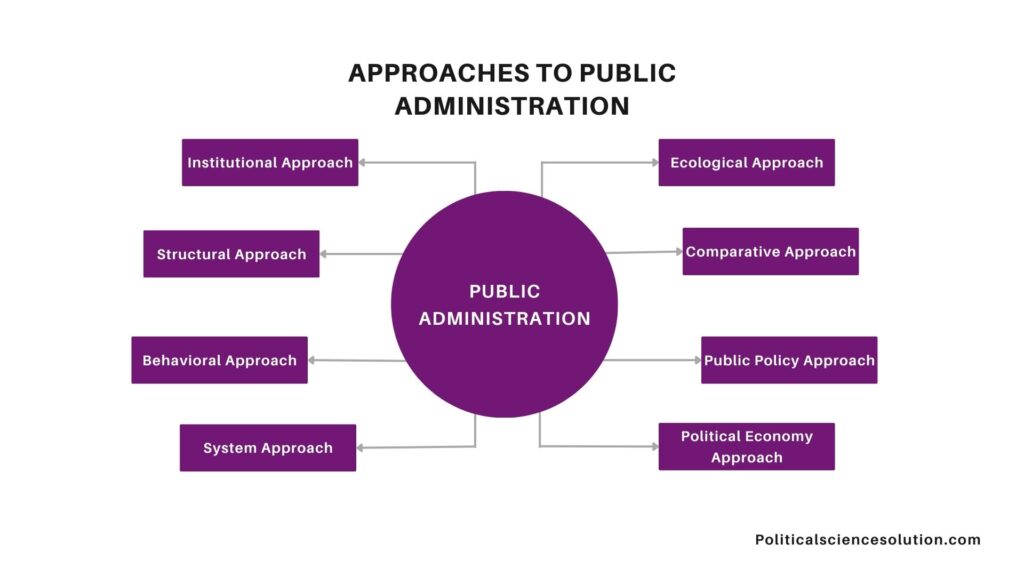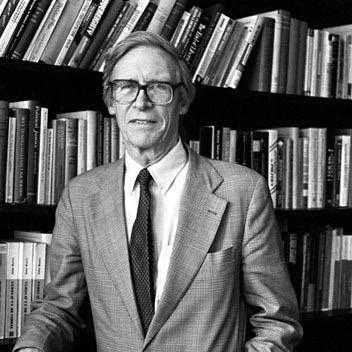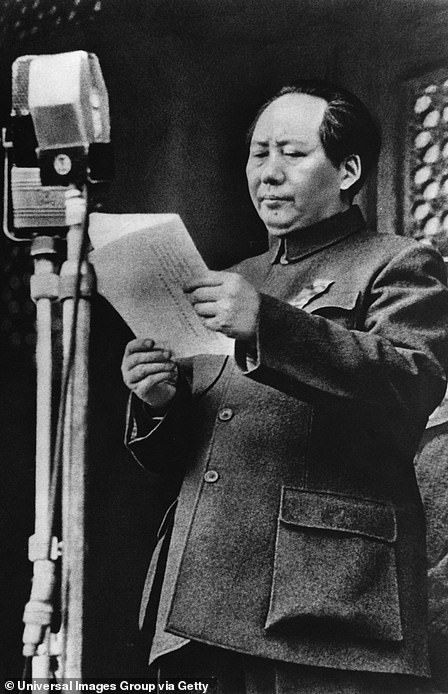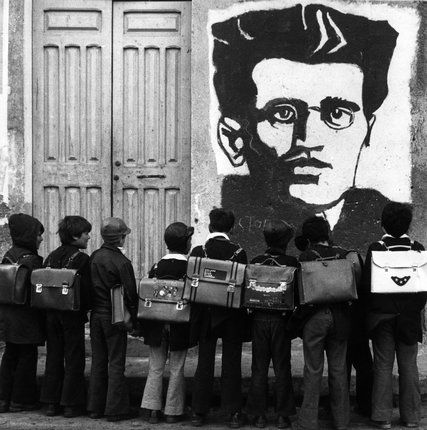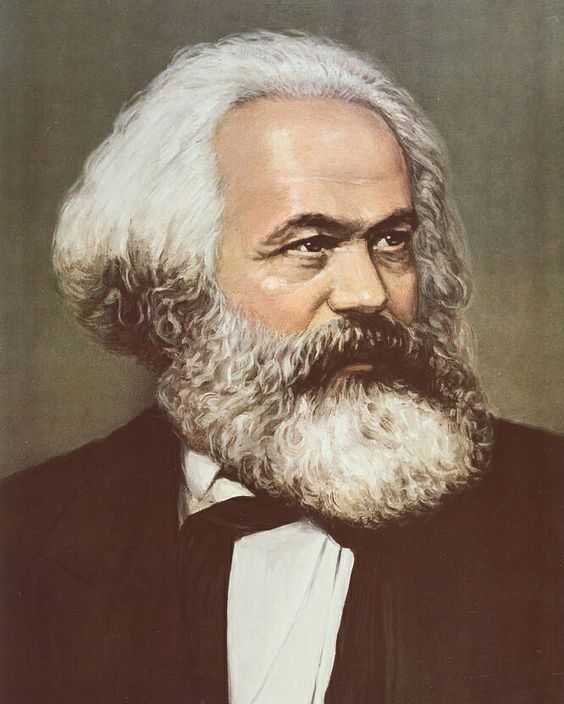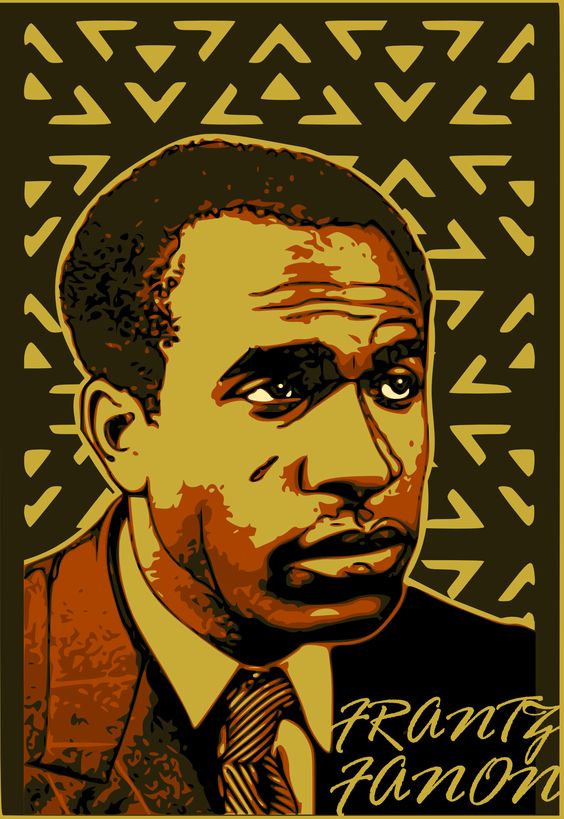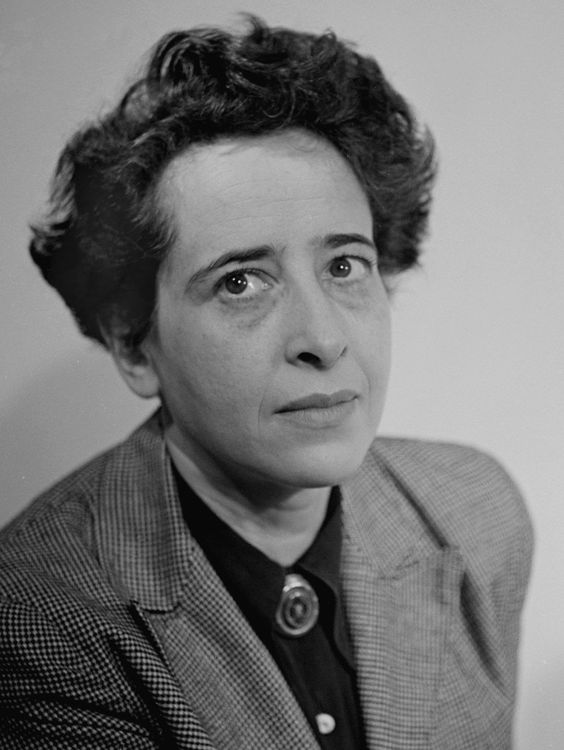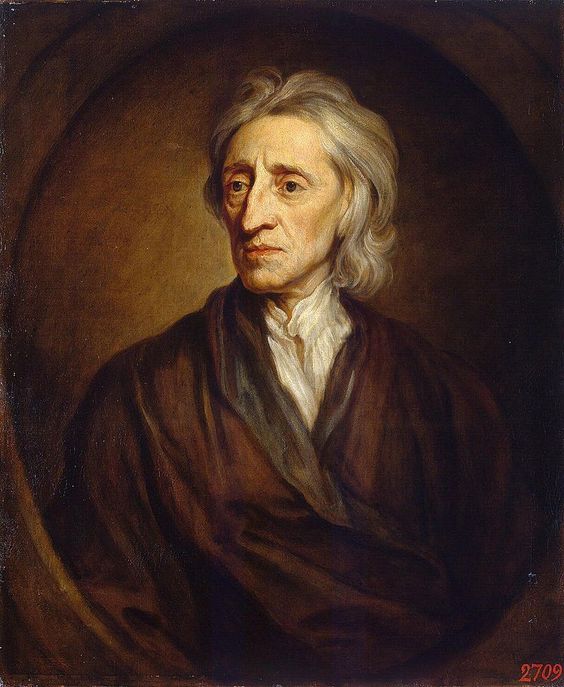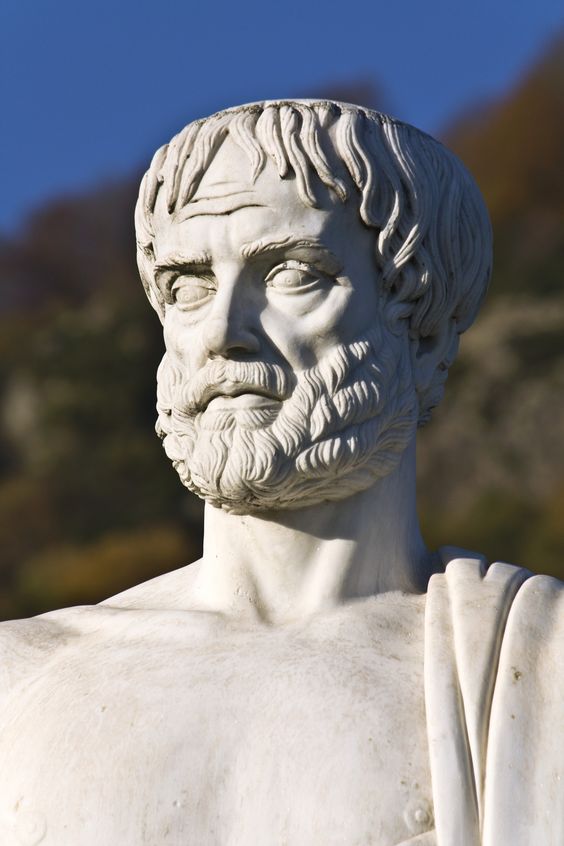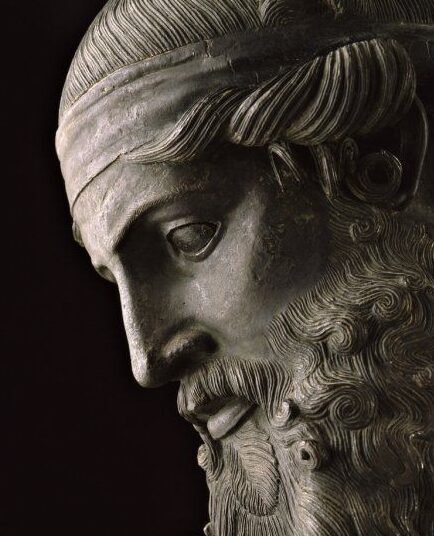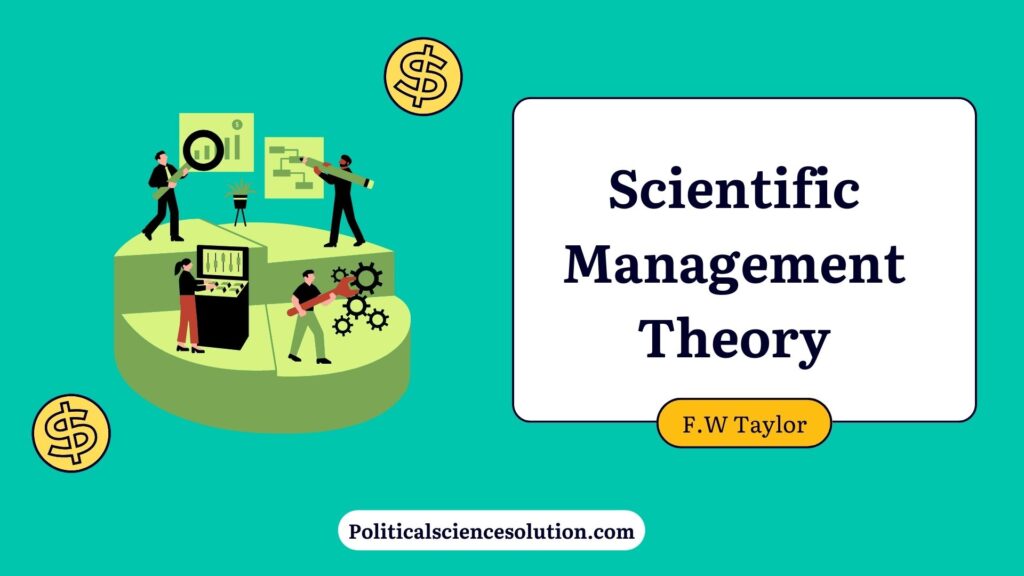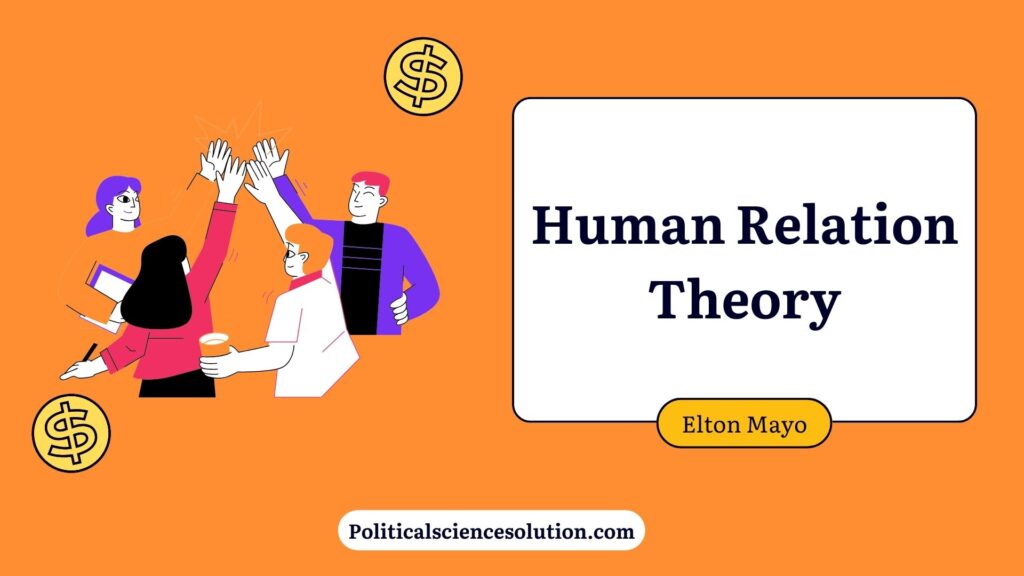Introduction:
Idealism, a foundational school of thought in International Relations (IR), aspires to revolutionize the global landscape by eradicating multifaceted challenges, including war, hunger, inequality, tyranny, force, suppression, and violence from international relations. This comprehensive approach envisions a utopian world free from such evils, placing faith in reason, science, and education as the cornerstones of progress.
Political Idealism in IR:
Political Idealism in IR constitutes a cohesive set of ideas committed to opposing war and advocating for the extensive reform of the international community. This reform emphasizes moral values, the development of international institutions, and the steadfast adherence to international law. Notably, Woodrow Wilson, the former US President, emerged as a stalwart proponent of idealism, leaving an indelible mark through his authorship of the Covenant of the League of Nations.
Historical Context:
The 19th and early 20th centuries witnessed the emergence of two distinct schools of thought in International Relations that shaped the trajectory of global politics:
The Realist Tradition:
In this paradigm, states perpetually engaged in competition for power, emphasizing the acquisition of power and security through military means. The Realist Tradition posited that international relations were inherently characterized by a struggle for dominance.
The Idealist Tradition:
In contrast, the Idealist Tradition emphasized the pursuit of peace and rejected the notion that state actions should be solely motivated by power politics. This school of thought advocated for a more cooperative and morally-driven approach to international relations.
The early 20th century posed a profound challenge to the idea of harmony of interests in international political and economic relations, primarily due to the outbreak of the First World War (1914-18). This devastating conflict led to a paradigm shift, compelling a reevaluation of prevailing ideologies.
The aftermath of the war underscored the imperative to construct a lasting peace. Notably, the 20th-century Idealism emerged as a significant development that contributed to the evolution of liberalism in international relations. This approach asserted the possibility of achieving enduring global peace by establishing a world federation – an international system liberated from power politics and the scourge of war.
In his influential ‘Fourteen Points’ speech delivered to Congress in January 1918, Woodrow Wilson championed the idea that a general association of nations must be formed to preserve peace. The proposed solution was the League of Nations, envisioned as the cornerstone of this general association.
Wilson argued passionately that true peace could only be attained through the establishment of an international organization tasked with regulating the chaos of international anarchy. This call for a collective effort to maintain peace marked a pivotal moment in the history of international relations, laying the groundwork for the subsequent formation of international institutions and collaborative diplomatic initiatives.
Core Thinkers:
Woodrow Wilson, a pivotal figure in shaping the post-World War I world order, introduced his transformative 14-Point program in an address to Congress in January 1918. Wilson’s ideas played a significant role in influencing the discussions and decisions at the Paris Peace Conference, earning him the Nobel Peace Prize in 1919.
Wilson’s 14-Point program encapsulated two main ideas that guided his vision for a peaceful world:
Promotion of Democracy and Self-Determination:
Wilson advocated for the belief that democratic governments, inherently committed to the will of their people, would not engage in wars against each other. This principle aimed to establish a global order where nations governed by democratic ideals would coexist peacefully.
Creation of an International Organization:
Wilson envisioned the establishment of an international organization that would replace secretive diplomacy and the balance of power arrangements prevalent in the past. This proposed organization would serve as a platform for open dialogue, cooperation, and collective security, fostering a more transparent and collaborative approach to global affairs.
In addition to Wilson, several other influential thinkers contributed to the idealist discourse:
Norman Angell:
Angell, in his 1909 book ‘The Great Illusion,’ argued that war is an illusion and that it ultimately benefits the winners. He posited that economic interdependence among states could be a catalyst for peace, as nations with intertwined economies would be less inclined to engage in destructive conflicts.
Hugo Grotious:
A legal scholar, Grotious made foundational contributions to the development of international law, emphasizing the importance of legal frameworks in regulating conflicts between states.
Immanuel Kant:
Kant, in his work ‘Perpetual Peace,’ asserted that morality and reason could serve as potent tools in preventing wars and conflicts among nations.
Dante Aligheri:
While not explicitly an international relations theorist, Dante Aligheri’s writings, particularly ‘The Divine Comedy,’ explored themes of justice, morality, and the consequences of human actions, contributing to the broader ethical considerations in international relations.
Bertrand Russell:
Russell, a renowned philosopher, expressed the optimistic belief that “a world of human happiness is not beyond human power to achieve.” His ideas emphasized the human capacity for creating a harmonious and joyful world through collective efforts.
Gandhi, a leader of nonviolent resistance, advocated for peaceful means to resolve conflicts. His philosophy centered on the power of nonviolence and the importance of moral principles in international relations.
Collectively, these thinkers and visionaries left an enduring impact on the trajectory of international relations, shaping the discourse around peace, democracy, and the role of ethical principles in fostering a more harmonious world.
Basic Assumptions:
The idealist perspective on human nature and international relations encompasses a series of fundamental beliefs, advocating for a world guided by moral principles and collaboration:
Inherent ‘Goodness’ of Human Nature:
Idealists assert that human nature is inherently ‘good,’ capable of altruism, mutual aid, and collaboration. This optimistic view forms the basis for their vision of a harmonious and cooperative international community.
Fundamental Instinct for Welfare:
Idealists posit that humans possess a fundamental instinct for the welfare of others, fostering the possibility of progress. This innate drive towards the well-being of fellow beings is seen as a catalyst for positive societal development.
Evil Behavior Rooted in Institutions:
According to idealist thinking, bad human behavior is not a result of inherently ‘evil’ individuals but rather stems from flawed institutions and structural arrangements. These structures create incentives for individuals to act in ways that harm others, including engaging in warfare.
Wars as the Worst Feature:
Idealists view wars as the worst feature of the international system, recognizing the destructive consequences of armed conflicts on societies and the global community.
War Not Inevitable:
Contrary to pessimistic views, idealists contend that war is not inevitable and can be eliminated by dismantling institutional arrangements that encourage it. This perspective challenges the fatalistic notion of an unavoidable cycle of conflict.
Global Efforts for War Elimination:
Idealists emphasize that war is an international problem requiring global, rather than national, efforts for elimination. This underscores the interconnectedness of nations and the need for collaborative solutions on a global scale.
Reorganization for Peace:
In line with their beliefs, idealists advocate for the reorganization of the international society to eliminate institutions that contribute to the likelihood of war. This involves restructuring systems to prioritize peace and cooperation.
Suggestions for Reforms:
Idealists proffer a spectrum of reforms to address pervasive international problems comprehensively:
- Moral nations should unequivocally adhere to ethical principles in their international behavior.
- Supranational institutions ought to supplant the competitive system of territorial states, fostering a vision of a unified world.
- Legal mechanisms, exemplified by the Kellogg-Briand Pact of 1928, should curtail the initiation of war.
- Global disarmament and stringent arms control measures are imperative.
- The eradication of totalitarianism is essential for fostering international peace.
- Structural changes to the international monetary system and the removal of impediments to international trade are recommended.
Critical Evaluation
The idealist approach in international relations seeks to construct a world devoid of immorality, violence, and power politics. It is rooted in the belief that human nature is fundamentally good, and a nation’s character reflects the morality of its citizens. Idealists advocate for the rejection of totalitarianism, express faith in international organizations, and endorse the establishment of a world state.
However, this idealistic perspective has faced criticism, notably from scholars such as E.H. Carr, who argued that idealism neglects the enduring reality of power politics in statecraft. Carr contends that power is a constant factor that cannot be eliminated from international relations. He goes further to label idealists as utopians, suggesting that their approach is overly optimistic and detached from the pragmatic realities of international politics. Carr’s critique emphasizes the potential naivety inherent in idealistic thinking.
Additionally, Kegley and Wittkopf offer a critical assessment, stating that much of the idealists’ proposed reform agenda has not been attempted, and even less has been achieved. This critique implies that the lofty goals and aspirations of idealists may be difficult to realize in practice, raising questions about the feasibility and effectiveness of their proposed reforms.
While the idealist approach embodies noble ideals and a vision for a more peaceful world, critics argue that it may be overly idealistic, overlooking the complexities of international relations. The tension between idealistic aspirations and the practical challenges of power dynamics remains a central point of contention in evaluating the viability and impact of the idealist approach.
Conclusion:
Idealism remains a potent force in shaping international relations, offering a compelling vision of a world free from conflict and characterized by cooperation, ethical governance, and global harmony. Embracing these ideals necessitates sustained, collaborative efforts from the international community to pave the way for a more equitable and prosperous future for generations to come.
